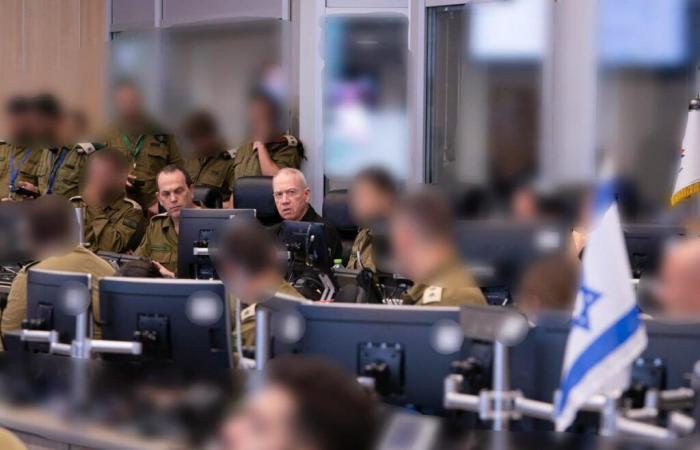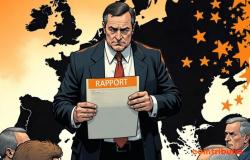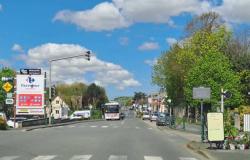The conflict between Israel and Hezbollah escalates with a tragic toll of 356 dead and 1,024 injured, according to the latest estimates from the Lebanese Ministry of Health. Israeli airstrikes intensified throughout the day, targeting suspected Hezbollah infrastructure in southern Lebanon, the Bekaa Valley, and even residential areas of Beirut. In response, Hezbollah launched long-range missiles at several Israeli cities, including Haifa and the north of the country.
Israeli strikes and Hezbollah response
The Israeli military has carried out more than 1,100 airstrikes on targets in Lebanon, using more than 1,400 rounds of munitions to destroy what it describes as critical Hezbollah infrastructure. The Israeli military spokesman also announced that ground forces could enter Lebanon if necessary to secure border areas and allow Israeli civilians to return safely to their homes.
Raids targeted villages in the districts of Nabatieh, Marjeyoun, and the Bekaa Valley, as well as urban areas such as Beirut’s Dahiyeh neighborhood, where a senior Hezbollah commander, Ali Karaki, was targeted.
For its part, Hezbollah claimed responsibility for attacks on major Israeli infrastructure, including the Rafael military complexes in Haifa, saying long-range missiles were fired from Lebanon toward central Israel. Air raid sirens sounded in several Israeli cities, including Haifa and Tel Aviv, while the Israeli military reported successful interceptions by Iron Dome.
Civilian casualties and collateral damage
Israeli strikes have also caused damage to Lebanese civilian infrastructure. The Lebanese Health Ministry has denounced attacks that hit ambulances and fire trucks in the south of the country.
In the Bekaa Valley, raids hit cities such as Nabi Sheet, Brital, and Baalbek, resulting in the destruction of several homes and the deaths of civilians. Lebanese Minister of Health Firass Abiad will hold a press conference later today to update the casualty toll and assess health needs in response to this critical situation.
Regional and international implications
The Iranian president reaffirmed his country’s support for Hezbollah, stressing that Iran has the necessary capacity to strike Israel and that their response will be “at the right time and in the right way.” For his part, the Jordanian Foreign Minister urged the UN Security Council to intervene immediately to stop the Israeli aggression.
Meanwhile, the Pentagon announced the sending of American military reinforcements to the region, although the exact number of troops and their destinations were not revealed. Pentagon press secretary General Ryder justified this decision by the growing tensions and the desire to “reinforce the forces already present in the region.”
Israeli Prime Minister Benjamin Netanyahu, for his part, declared a state of emergency in the country, asking Lebanese civilians to leave the conflict zones, while reaffirming that military operations are primarily aimed at Hezbollah and not the Lebanese people.






